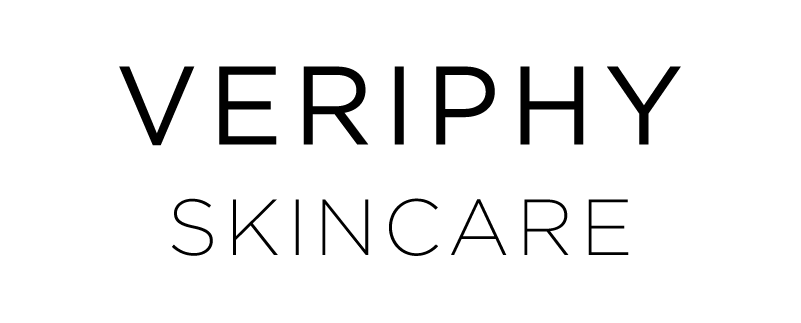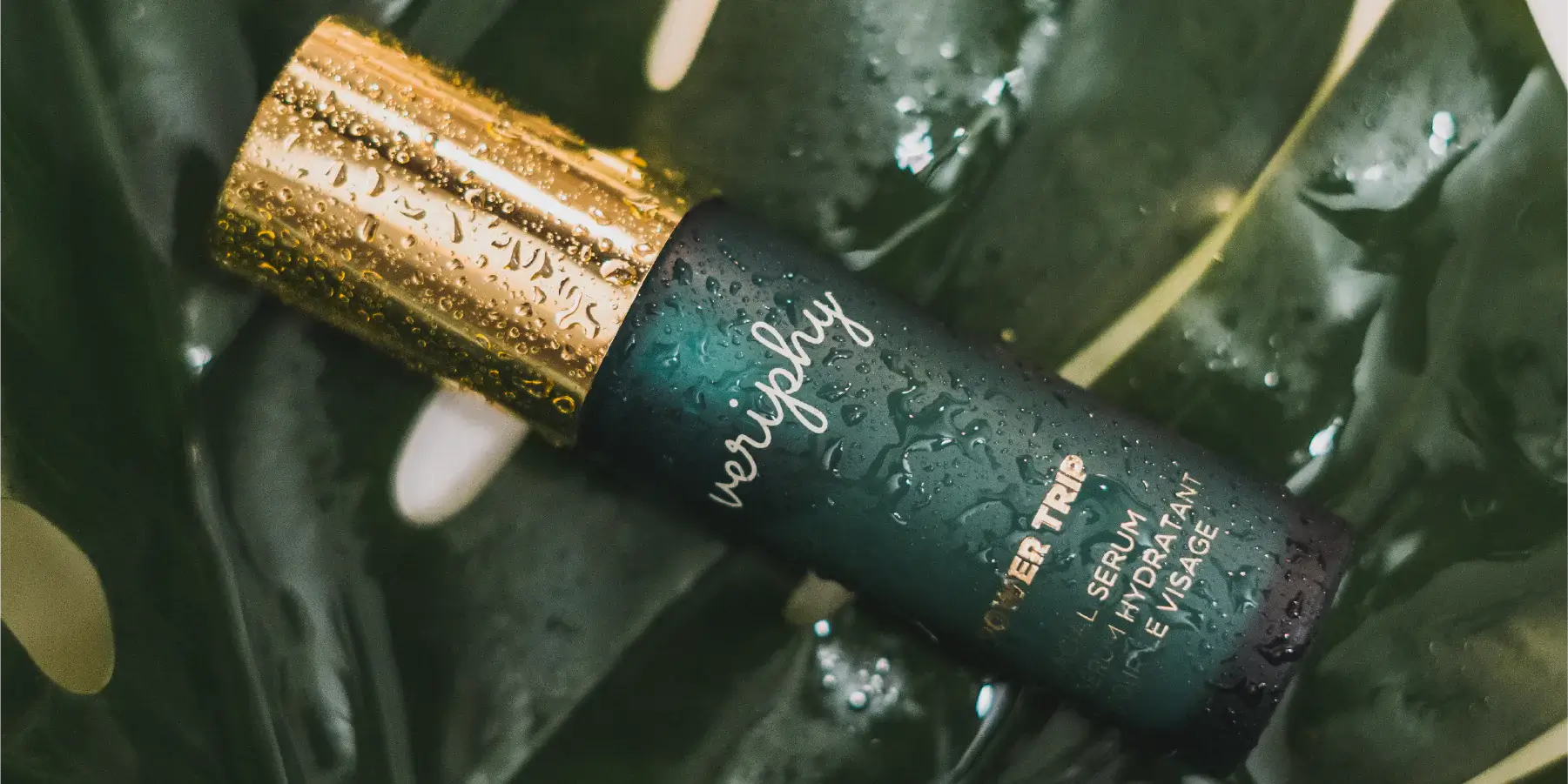
Canadian Women in STEM
Women have long been underrepresented in the STEM fields (science, technology, engineering, and math), but that doesn’t mean they’ve contributed any less. Even with overall higher university enrollment than their male counterparts, only 39% of university STEM graduates aged 25-34 are women (Statistics Canada, 2011). Though we hope to see this statistic improve, great progress in this area has already been made, largely because of the many women who have persevered to pave the way for future generations. This Canada Day, we’re looking back and celebrating some of the great Canadian women whose work and legacy are still impacting the world we live in today.
Roberta Bondar – Canada’s First Female Astronaut
Born in Sault Ste. Marie, Ontario, Roberta Bondar was Canada’s first female astronaut and the first neurologist in space. After graduating from the University of Guelph with her bachelor’s degree in zoology and agriculture, Roberta went on to obtain her master’s in experimental pathology from the University of Western Ontario, PhD in neuroscience from the University of Toronto, and MD from McMaster University. She was selected as one of Canada’s first six astronauts as part of the Canadian Astronaut Program, and was the second Canadian in space after her 1992 mission on space shuttle Discovery. During the mission and many years afterwards, Roberta completed medical research on how astronauts’ bodies are affected by the dramatically different environment of space and their recovery back on earth.
Donna Strickland – Physicist and Nobel Prize Winner
Donna Strickland is the 2018 recipient of the Nobel Prize in Physics, which she shared with her PhD supervisor Gerard Mourou for their work on chirped pulse amplification in the field of optical physics. This technology allows for high intensity, ultrashort laser pulses that is now the backbone of corrective laser eye surgery and opened the door to a whole new field of high energy laser physics. Donna was the third women in history to win a Nobel Prize, after Marie Curie (1903) and Maria Goeppert Mayer (1963). Donna was born in Guelph, Ontario and completed her bachelor’s degree in engineering physics at McMaster University and PhD at Rochester University in New York before becoming a professor at the University of Waterloo where she now mentors many aspiring scientist and engineers.
Beatrice Worsley – Canada’s First Female Computer Scientist
After completing her bachelor’s degree in mathematics and physics at the University of Toronto and master’s degree at MIT, Beatrice Worsley accepted a position at the University of Toronto’s Computation Centre, becoming Canada’s first female computer scientist. A research trip to the Mathematical Laboratory at the University of Cambridge inspired Beatrice to stay and complete her PhD in mathematical physics under the supervision of Alan Turing and Douglas Hartree. Her thesis was one of the very first on modern computers and she is considered the first women to obtain a PhD in computer science. Despite her many achievements, Beatrice was not often acknowledged for her work before her untimely death at age 50, but was later granted a Lifetime Achievement Award in Computer Science in 2014 by the Canadian Association of Computer Science.
Alice Wilson – Geologist and First Female Fellow of the Royal Society of Canada
Alice Wilson was a geologist, paleontologist, and the first female member of the Royal Society of Canada. She began her studies in languages and history at Victoria Collage, but took a job part way through her degree as an assistant at the Museum of Minerology that sparked her interest in geology. After taking a position at the Geological Survey of Canada, Alice requested a leave of absence to complete her PhD but was refused multiple times by her employer. With the help of the Canadian Federation of University Women, Alice was eventually successful and graduated from the University of Chicago with her PhD at age 49. Alice continued to work with the Geological Survey of Canada on Paleozoic era fossils for her entire career, but continued to face many obstacles - being denied field work that required travel to remote locations with male colleagues, and a slow promotion to associate geologist six years before her retirement. However, Alice continued her work, even after retirement, teaching a course on paleontology at what would later become Carleton University.
Carrie Derick – Biologist and Canada’s First Female Professor
Carrie Derrick was born in Clarenceville, Quebec and began her life as an educator from a young age. At 15 she was already a teacher, and at 19 had become a principal at the Clarenceville Academy. Carrie went on to complete her bachelor’s degree in natural science and master’s degree in botany at McGill University. Although she completed the degree requirements for a PhD at the University of Bonn in Germany, the university did not award PhD degrees to women at the time and she never officially received one. Returning to McGill, Carrie took a position as an assistant professor at a salary of only 1/3 that of her male colleagues. However, in 1912 she was promoted to a full professor, making her the first female professor in Canada. Here, Carrie founded McGill’s genetics department and continued to advocate for women’s rights and equality throughout her life.
Carley Miki
Veriphy Co-founder & Research Scientist



